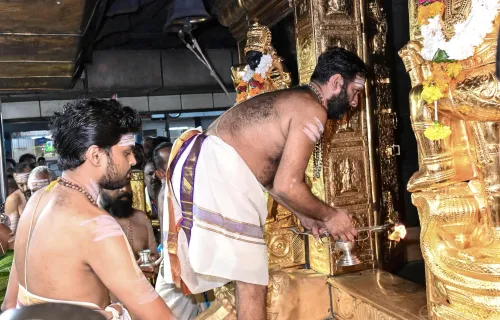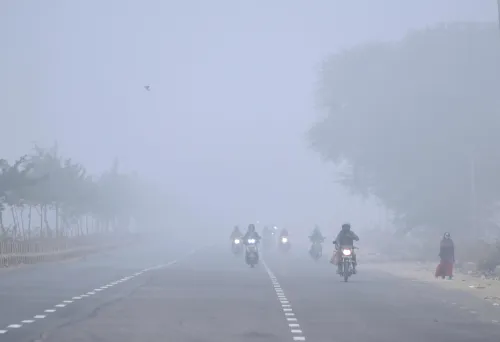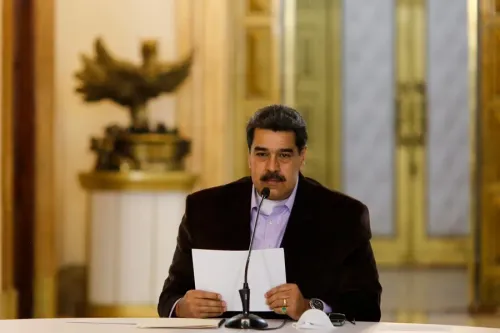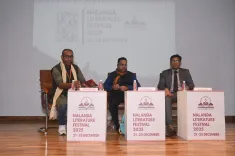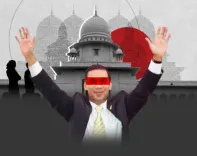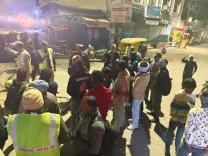Why is the ECI Challenging PILs Against the SIR Exercise in Bihar?
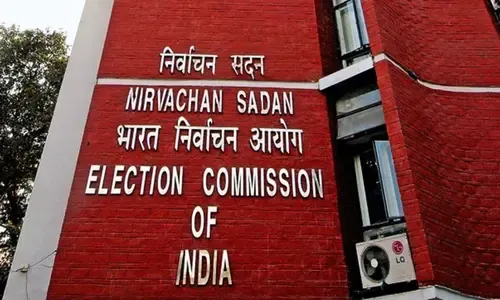
Synopsis
Key Takeaways
- ECI's SIR process aims to update electoral rolls.
- Concerns raised about disenfranchisement of voters.
- ADR's motives questioned by ECI's counsel.
- Supreme Court's criticism of ADR's past actions.
- Legal implications for upcoming elections in Bihar.
New Delhi, July 10 (NationPress) The Election Commission of India (ECI) raised objections on Thursday regarding the Public Interest Litigations (PILs) submitted by various NGOs and political activists to the Supreme Court. These petitions challenge the ECI's choice to execute a Special Intensive Revision (SIR) of the electoral rolls in Bihar, which is gearing up for elections.
Senior advocate Rakesh Dwivedi, representing the ECI, questioned the standing of the Association for Democratic Reforms (ADR) and other parties involved in the litigation.
“None of them are voters in Bihar! Before you (SC) are merely some individuals who compose articles and subsequently file petitions. I hold a significant objection to this,” Dwivedi asserted before a Bench of Justices Sudhanshu Dhulia and Joymalya Bagchi.
He indicated that the ADR had recently received criticism from the Supreme Court, likely in reference to remarks made during the 100 percent Voter-Verifiable Paper Audit Trail (VVPAT) verification ruling.
In April 2024, the Supreme Court dismissed a series of requests for obligatory cross-verification of votes cast with VVPAT slips, criticizing the ADR for its plea to revert to paper ballots. The apex court remarked that this request indicated the ADR’s “true intention” to undermine the electronic voting system and disrupt the electoral process by instilling “unnecessary doubts” among voters.
“I have profound doubts about the sincerity of the petitioning association when it advocates for a return to outdated practices. Although their previous attempts for electoral reform have been fruitful, the proposal presented appeared illogical,” noted Justice Dipankar Datta of the Supreme Court.
Justice Datta observed that a “trend has been rapidly emerging of certain vested interest groups” attempting to undermine the nation’s achievements, which have been attained through the diligent efforts of its workforce, stating that “there seems to be a coordinated attempt to discredit, diminish, and weaken the progress of this great nation on every front.”
Continuing his arguments, the counsel for the ECI stated that objections to the cleansing of electoral rolls are unwarranted, and assured that the Election Commission will adhere to all legally mandated procedures along with the principles of natural justice.
The ECI implored the Supreme Court not to intervene in the SIR exercise at this juncture.
“Let the revision process be finalized, and then your lordships may assess the entire situation,” Dwivedi proposed before the Justice Dhulia-led Bench.
In its recent petition to the Supreme Court, the ADR argued that the order for Special Intensive Revision (SIR) of electoral rolls in Bihar, if upheld, may “arbitrarily” and “without due process” disenfranchise millions of voters from electing their representatives, thereby jeopardizing free and fair elections and democracy -- which are part of the Constitution's basic structure.
“The documentation requirements of the order, the absence of due process, and the excessively short timeline for the SIR in Bihar are bound to lead to the removal of names of countless genuine voters from the electoral rolls, resulting in disenfranchisement,” it stated.
The plea further highlighted that the SIR order issued on June 24 by the ECI omitted identification documents such as Aadhaar or ration cards, rendering marginalized communities (including SC, STs, and migrant workers) and the economically disadvantaged more susceptible to exclusion from voting. According to the ADR, there is no justification for such a “drastic exercise” in a state approaching elections within such a compressed timeframe, which infringes upon the voting rights of millions.


